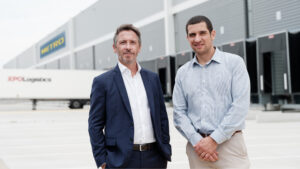
XPO, a leading provider of innovative and sustainable end-to-end logistics solutions across Europe, announces… Read more »

XPO, a leading provider of innovative and sustainable end-to-end logistics solutions across Europe, announces… Read more »
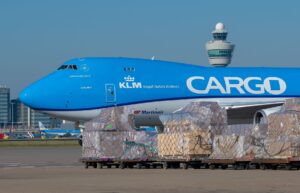
Air France-KLM Group and the CMA CGM Group have signed a long-term strategic partnership… Read more »
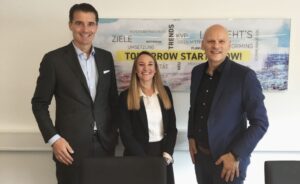
Sophie Gauthier has been appointed to the newly created role of Sales Manager France… Read more »

The spat over French fishing boat licences is set to create long delays on… Read more »

Lafarge has chosen to upgrade to the latest version of INFORM’s transport optimisation software… Read more »
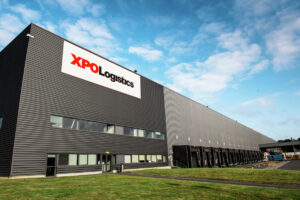
XPO Logistics, a leading global provider of transportation and logistics solutions, has been awarded… Read more »

GEODIS is investing in a “green” fleet for urban delivery in France. The aim… Read more »
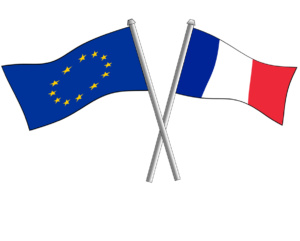
The United Kingdom’s exit from the EU is forcing companies on both sides of… Read more »
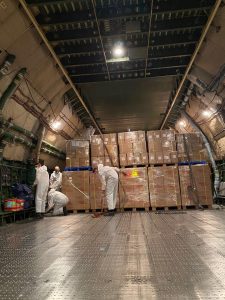
Geodis has been commissioned by the French Government to organize the emergency supply of… Read more »
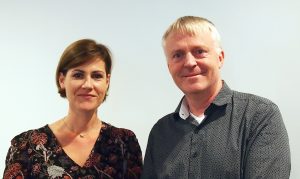
Element Logic, the first AutoStore partner, has opened an office in France. It is… Read more »

Trailer supplier Kögel has expanded its sales and service network in France. All customers… Read more »
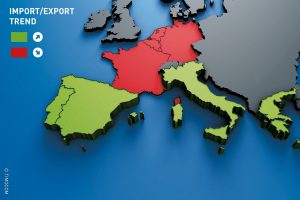
Germany, France and the Benelux states are feeling the effects of the global economic… Read more »

France-based global 3PL Geodis has opened its new logistics campus in Douvrin, Hauts de… Read more »

TIP Trailer Services has completed the construction of a brand-new secure parking facility for… Read more »
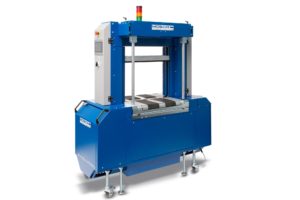
Strapping machines specialist Mosca GmbH has been strengthening its presence on the French market… Read more »
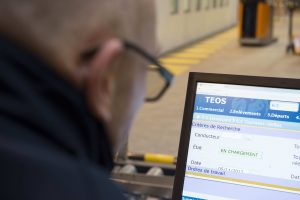
Geodis’ Distribution & Express line of business, a parcel delivery leader in France, has… Read more »
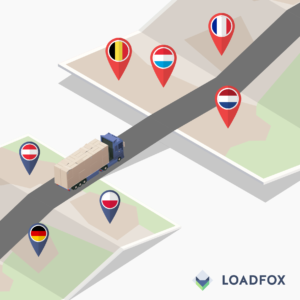
Technology start-up LoadFox is to expand into France, Belgium, Luxembourg and the Netherlands, joining… Read more »

The DKV Group and DKV Euro Service, which contacts and provides services to logistics… Read more »

Ekol France has opened two new branches which the company says will cover most… Read more »
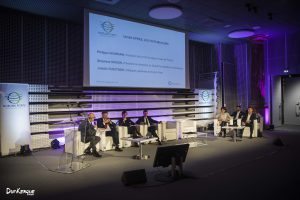
The Port of Dunkerque has set out more details of the Hauts-de-France’s push towards… Read more »

Gramercy Europe, the European investment fund manager focused on pan-European logistics and industrial transactions,… Read more »
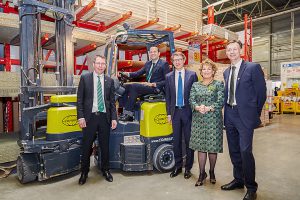
Combilift has signed a contract with Kingfisher, Europe’s largest home improvement retailer, to deliver… Read more »
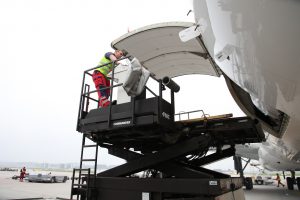
Swissport Cargo Services France, a subsidiary of Swissport International, will handle cargo at three… Read more »

Marie Boyer, who originally joined France Line International Transport during her university placement year… Read more »

XPO Logistics will once again serve as official carrier of the Tour de France,… Read more »

The European Commission has announced plans to challenge France over a new minimum wage… Read more »
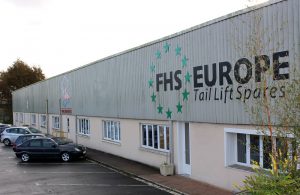
On 9 November TVH Group and the shareholders of the France Hayon group signed… Read more »
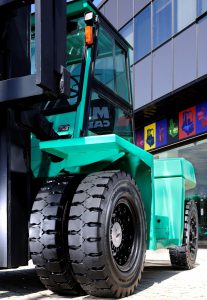
Marangoni Industrial Tyres is pleased to announce that Patrick Avril has joined the team… Read more »
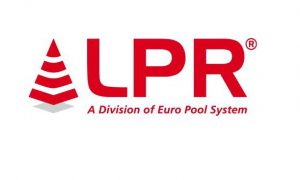
Baytree, the pan-European logistics and industrial development platform of AXA Investment Managers – Real… Read more »
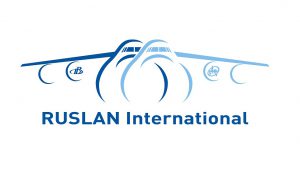
Ruslan International has completed a milestone, cross-channel flight for long-standing client Rolls-Royce. This involved… Read more »
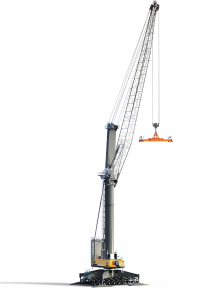
A new member of the FB Group of materials handling chain companies has opened… Read more »
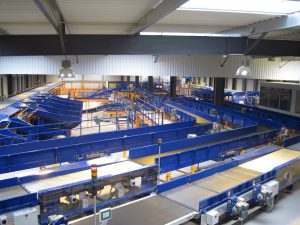
On March 17th, 2015 Chronopost signed the final acceptance certificate for the successful delivery… Read more »
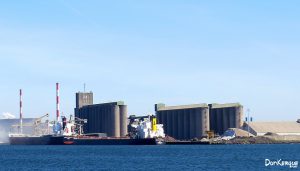
After the historic records of the 2013-2014 grain campaign (2.4 Mt) and the 2014… Read more »
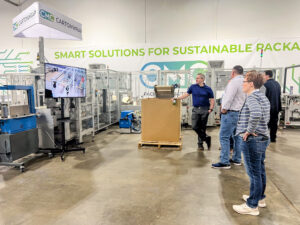
CMC Packaging Automation North America, a subsidiary of CMC Packaging Automation SpA, a leading… Read more »
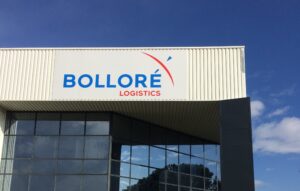
The Bolloré Group and the CMA CGM Group announce the completion today of the… Read more »
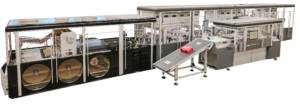
CMC Packaging Automation, a leading supplier of fully automated right-sized packaging solutions is thrilled… Read more »
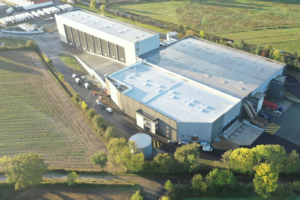
Manhattan Associates Inc. (NASDAQ: MANH) today announced that Gémo, a leading French footwear and… Read more »

Businesses across all sectors are looking to AI, whether it’s to improve productivity and… Read more »
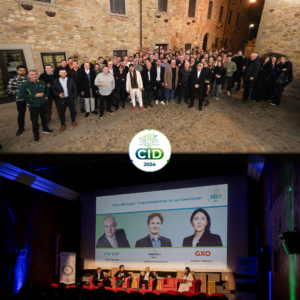
CMC Packaging Automation, a leading supplier of fully automated right-sized packaging solutions that is… Read more »